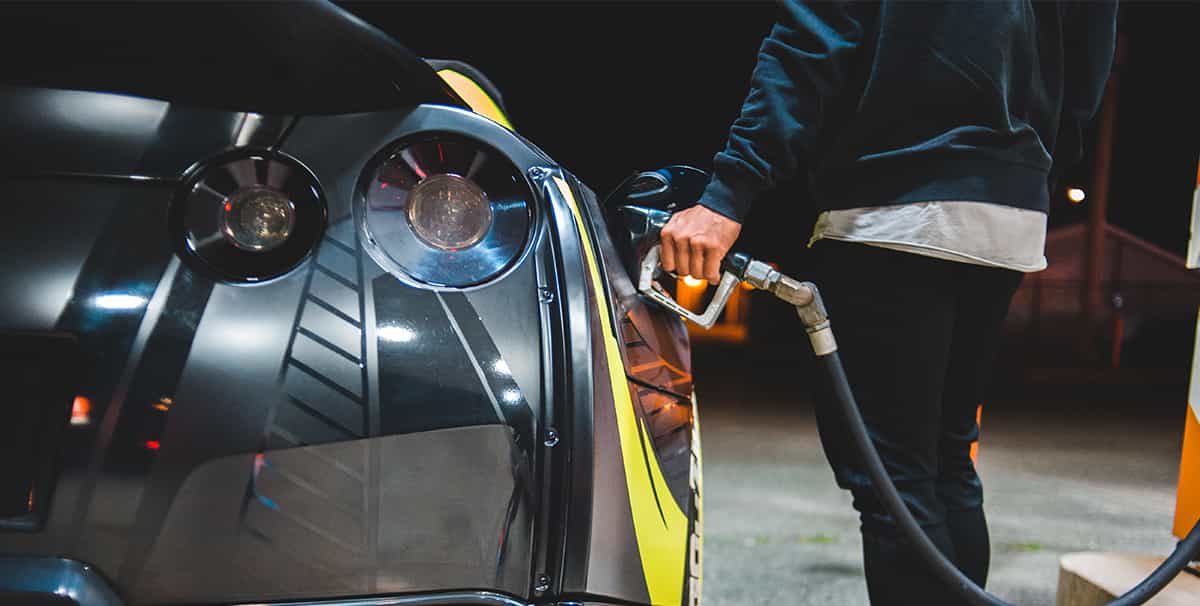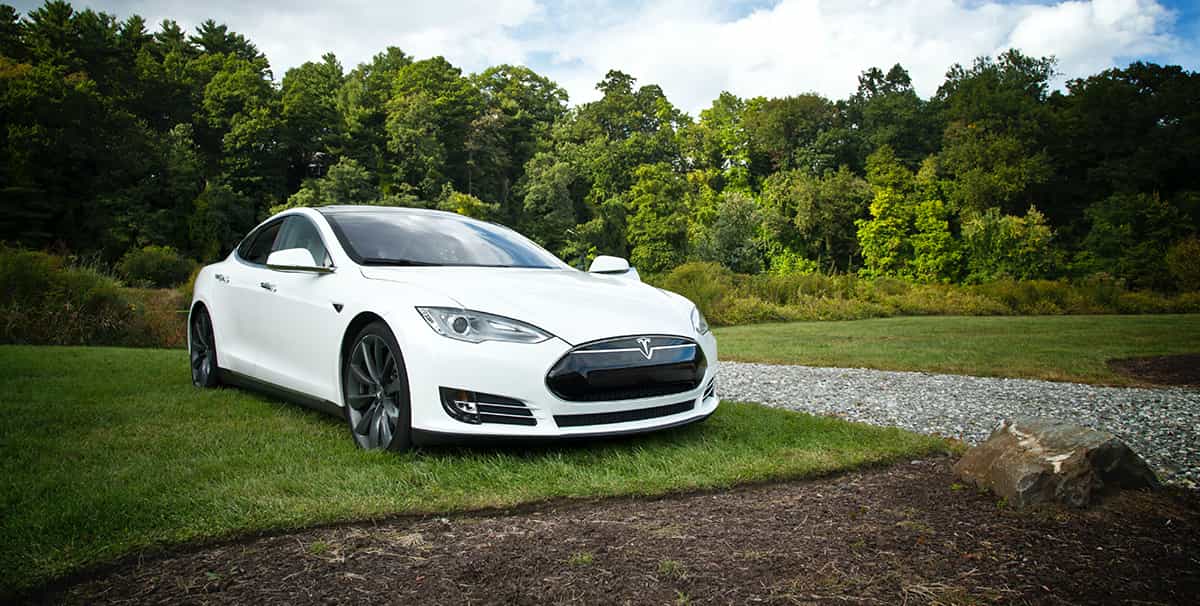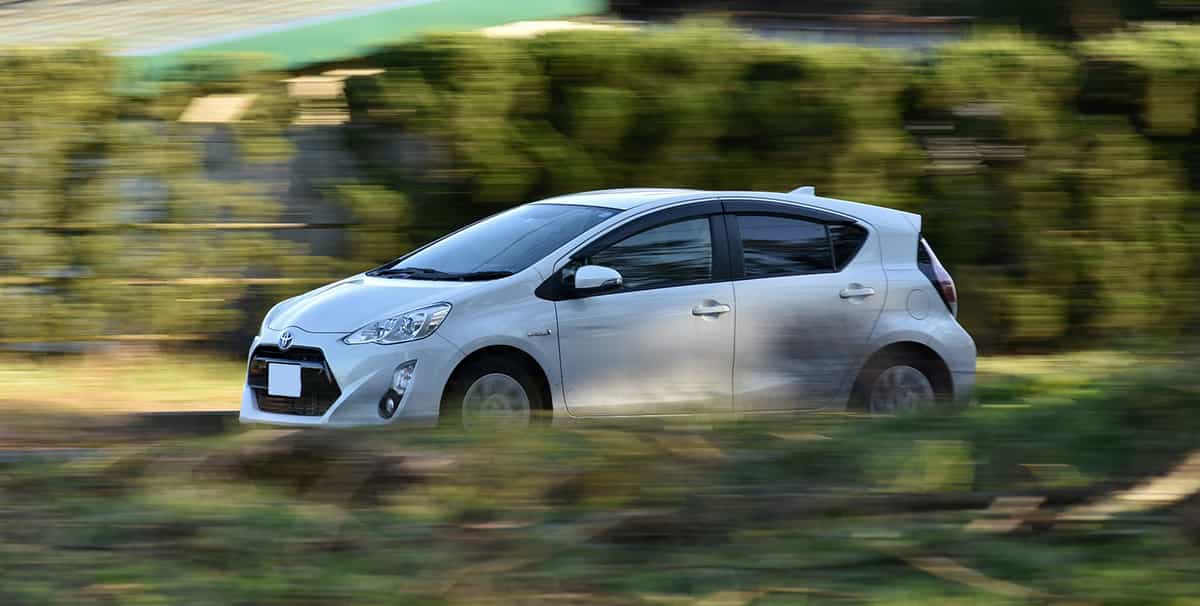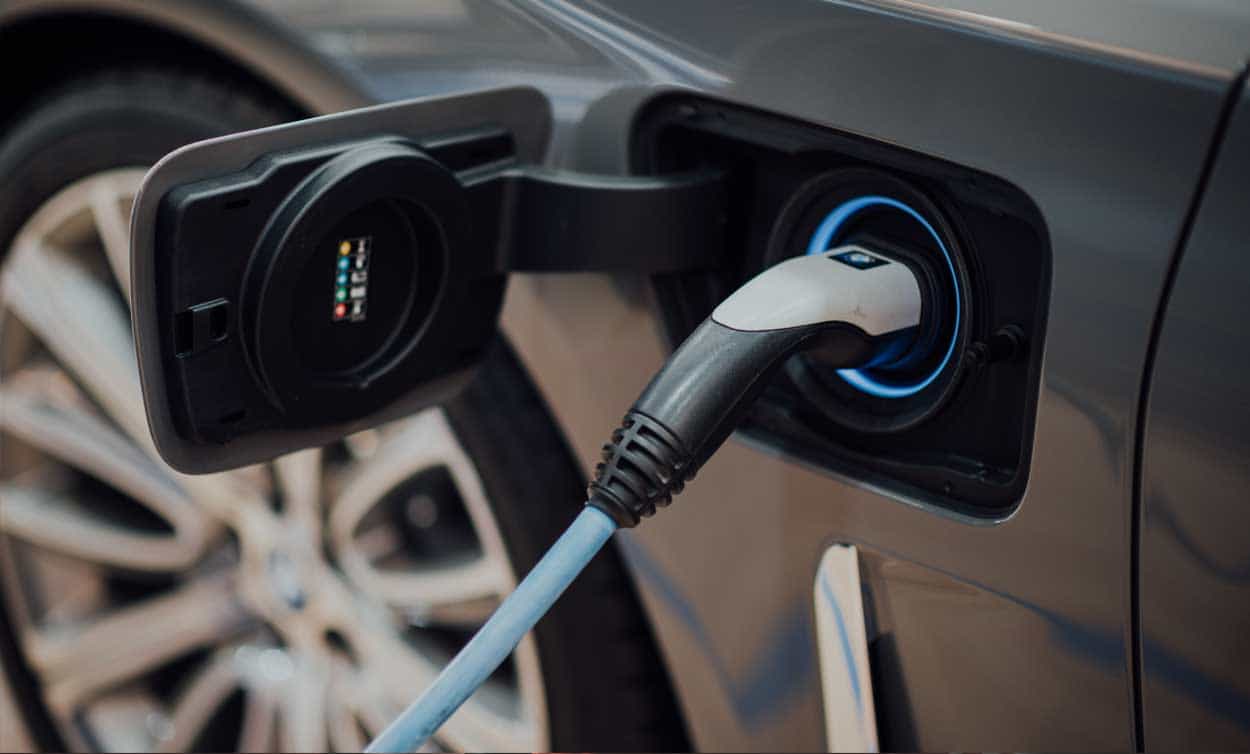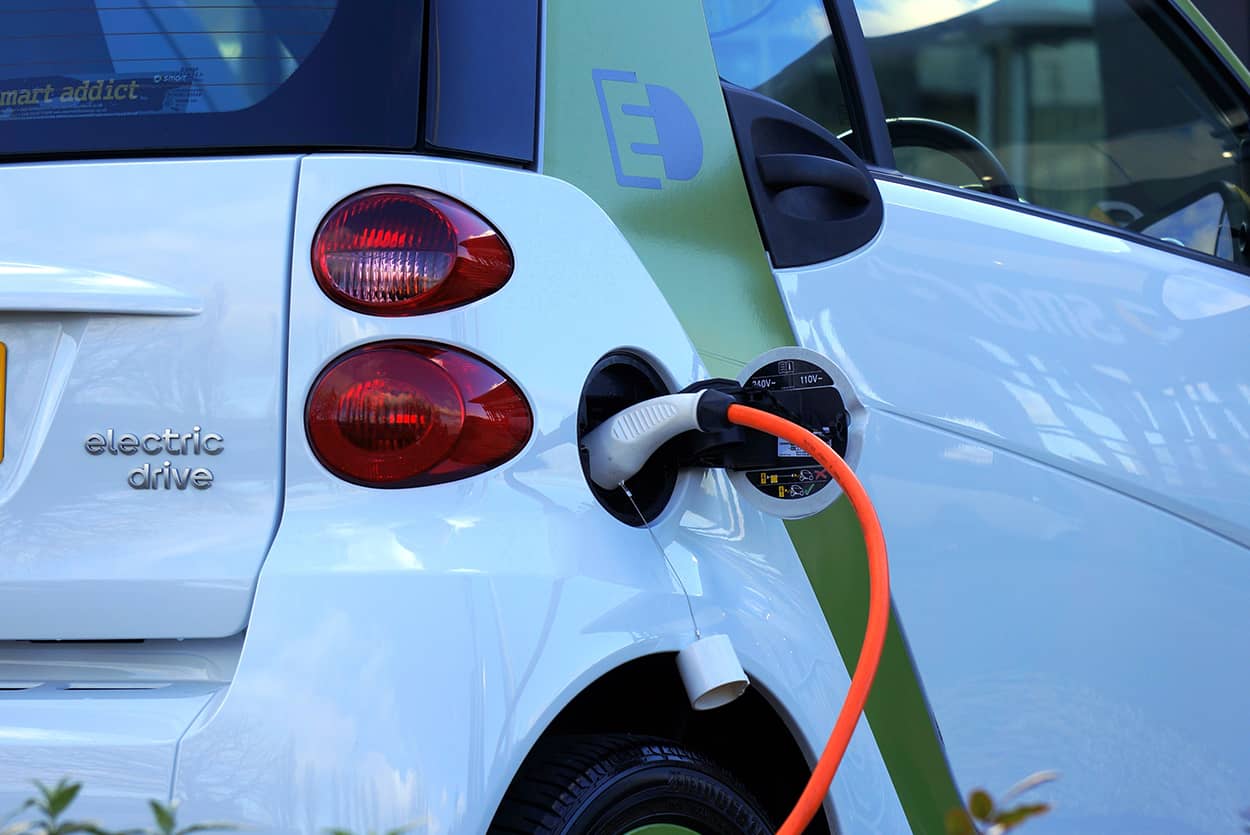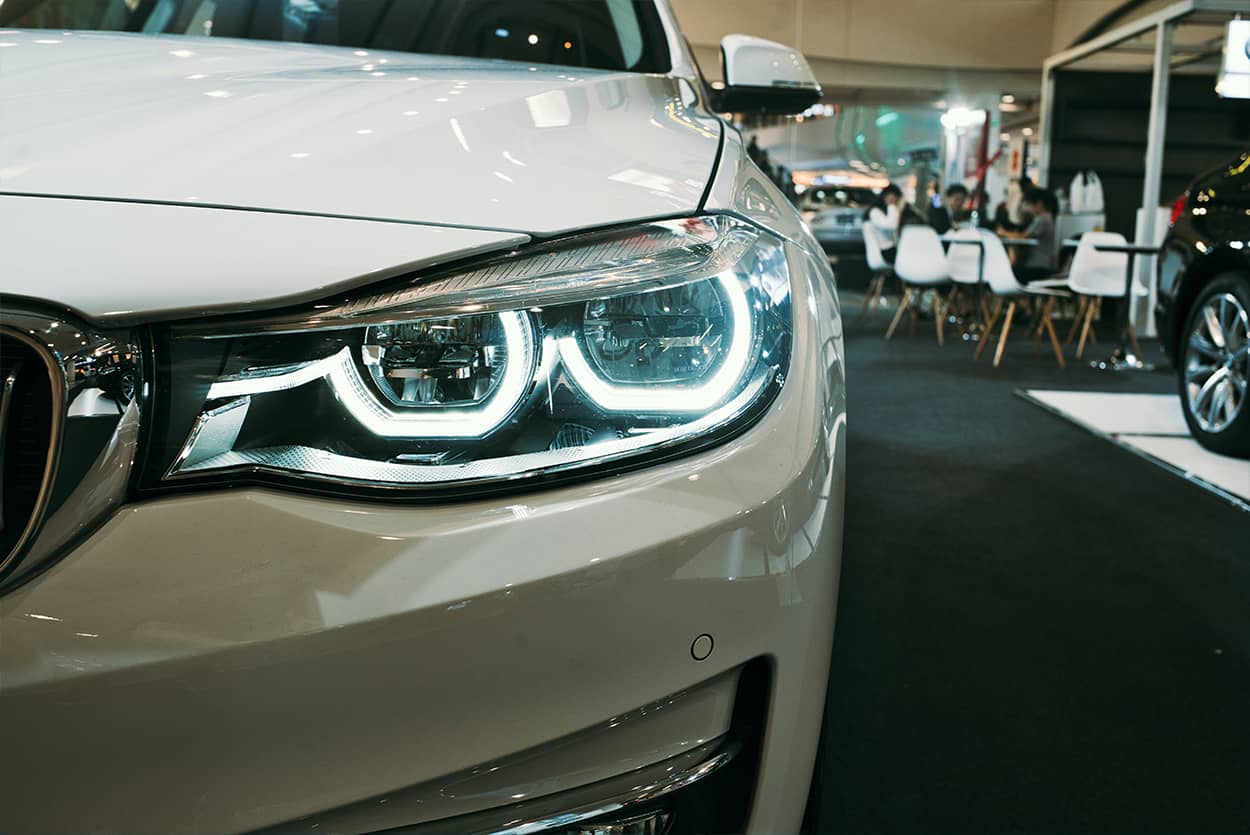Ready to glide through the countryside with a near-silent vehicle that is more environmentally sound? We thought so. Electric cars are a regular sight on our roads. Moreover, many models are up to the task of towing caravans. However, only a handful are legally able to do so, so be sure you purchase one that sits within the law!
The reason why is their weight – electric cars are heavier. Furthermore, adding a caravan or trailer only adds to this, which can put brakes under strain. Be aware, too, that electric cars already have less range than those fuelled by petrol or diesel – and towing a caravan will only shorten this.
That said, there are still some strong contenders for the best electric cars for towing a caravan. Take a look at our list of six top contenders.
The best electric cars for towing a caravan
Tesla Model 3
The Tesla Model 3 is rated for towing, but be aware that it’s limited to 1,000kg. In addition, you do have to pay an extra £1,000 to be able to tow with it. You also have to request a towbar be added to the model when you first purchase it – you can’t do this retrospectively. Essentially, then, you’re less likely to find a Model 3 on the used market that’s been fitted to tow. As such, it’s best to double check before you buy. Also, while 1,000kg may sound like a lot, it’s on the lower side, covering smaller caravans and trailers.
The Long Range AWD is likely best for towing, as it’s got a 360-mile range per charge rate. It’ll get you around 253 miles on a single charge, and offers all-wheel drive. As with all Teslas, you also get access to the Supercharger network, which offers rapid charging and is available nationwide. The vehicle’s handling is excellent, and the performance is great, too, so the Model 3 still makes our list.
Polestar 2
Opt for either the entry-level single motor model or the four-wheel drive flagship – either will haul up to 1,500kg. Like the Tesla Model 3, you’ll be paying around £1,000 for your towbar, but it hauls significantly more than the Model 3. Arguably, it also handles better, with a great steer and good balance. The interior is very comfortable and swish, too, so you’ll experience a relaxed drive.
Plus, you should be able to go 335 miles between charges according to the WLTP test, which is a serious distance for an electric vehicle.
Audi E-Tron
With a towing limit of 1,800kg, the E-Tron offers the biggest pulling power of the cars surveyed thus far. It offers a rapid acceleration and a near 250-mile electric range without the caravan, all of which will serve you well when you’re towing. That said, the E-Tron is on the heavier side for an EV. As such, plan a recharge mid-trip if you’re on a particularly long journey.
One of the biggest selling points for this car is its plushness – the dashboard’s two central screens are swish and control all of the car’s functions. There’s also serious boot space for anything that doesn’t fit in the caravan. Be aware that this is a vehicle that’s on the pricier side. However, as with all of these electric vehicles, more models will start to pop up on the used marketplace as non-petrol and non-diesel cars become the norm.
Hyundai Ioniq 5
Low running costs and high practicality are two of the biggest selling points for the Ioniq 5, which offers some real muscle too. Both rear-wheel and four-wheel drive models will pull up to 1,600kg. What’s more, all the Ioniqs are designed to take the addition of a towbar – even the entry-level model. The car is also particularly sleek, with equally sophisticated interiors.
Tesla Model X
The Tesla SUV Model X is consistently upheld as the best electric car currently around for towing a caravan. It’ll tow up to 2,250kg and even has a towing mode. This means you can adjust the car’s ride when towing. The model also has air springs as standard, which means you can adjust ride height accordingly.
Inevitably, it’s not the cheapest vehicle on this list, but the performance is exceptional. This model will cover 0-60mph in 2.6 seconds without a caravan. That said, we wouldn’t advise going pedal to the metal when towing. There’s also plenty of space in the vehicle, with 2,492 litres worth of space and an optional seven seats for larger families.
Mercedes EQC
Another electric SUV that boasts comfort and towing ability, these models can tow up to 1,800kg. Slightly slower than the E-Tron, you’re unlikely to notice this when towing, where it stands up to the test and offers respectable acceleration. The EQC is, most notably, an exceptionally quiet car. This can can be a big win on long journeys, as some electric vehicles have been reported to whine when travelling at higher speeds.
You’re looking at a range of around 250 miles. However, be aware that this might vary depending on how heavy the caravan is that you’re towing. There’s also plenty of space in this car, with a 500-litre boot for any overflow, and the drive is very comfortable.
Speak to a car credit specialist today
If you’re after car finance for your new electric vehicle, be sure to contact one of My Car Credit’s friendly team of car credit specialists. They’ll be able to answer any questions you may have and get the ball rolling. Alternatively, our car finance calculator will give you a quote within minutes with no-obligation or impact on your credit score.
Rates from 9.9% APR. Representative APR 12.4%
Evolution Funding Ltd T/A My Car Credit
Require more help?
Got a question you can’t find the answer to, or need some advice and guidance around taking out car finance? Our Car Credit Specialists are friendly, experienced, and here to help so get in touch today!





